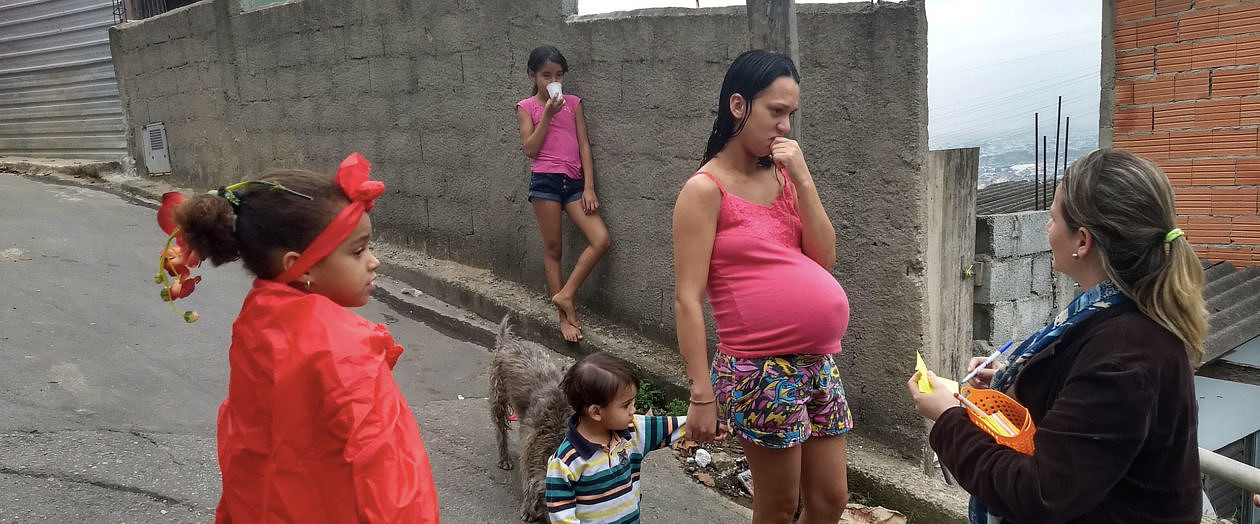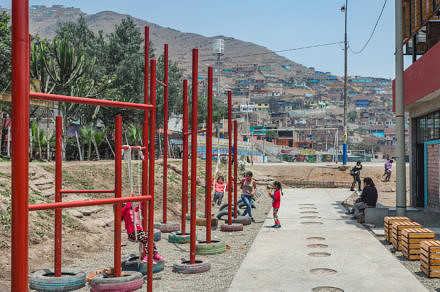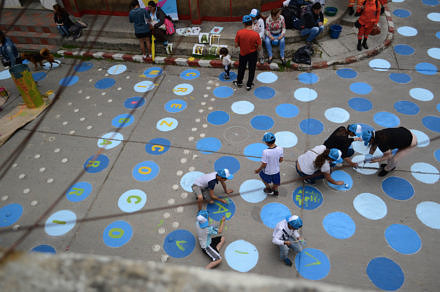Test and refine
Continue to hone your design and processes, keeping scale in mind

On the ground
Embrace iteration; refine as you go
What are you learning as you go?
Building flexibility into the implementation plan can play an important role. For example, creating checkpoints along the way, at which to re-evaluate specific interventions before breaking ground, can save time and budget while reorienting the project along a more successful route towards impact.

Can you engage the community and stakeholders in an ongoing evaluation and adaptation process?
They can play an important role in gathering data on what is working and where refinement may be needed, and in doing so increase ownership of the project. Some approaches include short, qualitative surveys or user interviews. This means including the population at the heart of the initiative as well as other users of the space. For example, in a public space intervention, ‘other users’ might be law enforcement officers or street vendors, whose support may be important to the project’s implementation and success.
Engaging the community at neighbourhood level

Failure is a key step on the path towards success.
Consider documenting the testing process, for example by archiving meeting notes, recording community meetings and events, interviewing key implementers, and especially by tracking failures and subsequent changes.
Systems-level support
Document and tell your story
What is the story of your journey?
Documenting the process – and progress – of implementation from the very first day supports communication and advocacy efforts over the long term, helping to maintain momentum and buy-in from stakeholders and decision makers. For example, consider gathering and sharing simple and illustrative data points such as recording the number of children participating, taking before-after photos for a public space redesign, or gathering stories from participants or users after a pilot. We have found that sharing the stories of protagonists and implementers can help their peers learn, get inspired and replicate.
Has your project been newsworthy?
In some cases, engaging members of the media early on can help communicate the objectives of your project and draw public engagement. In cases where opposition may exist, proactive engagement with the media, sharing project results and motivations, can help balance the public debate.
Can you use data and stories to balance the voice of the opposition?
Listen to the arguments and bring up data that addresses them in a compelling way. Or go for temporary interventions first, show their impact and share stories of challengers who turned champion.